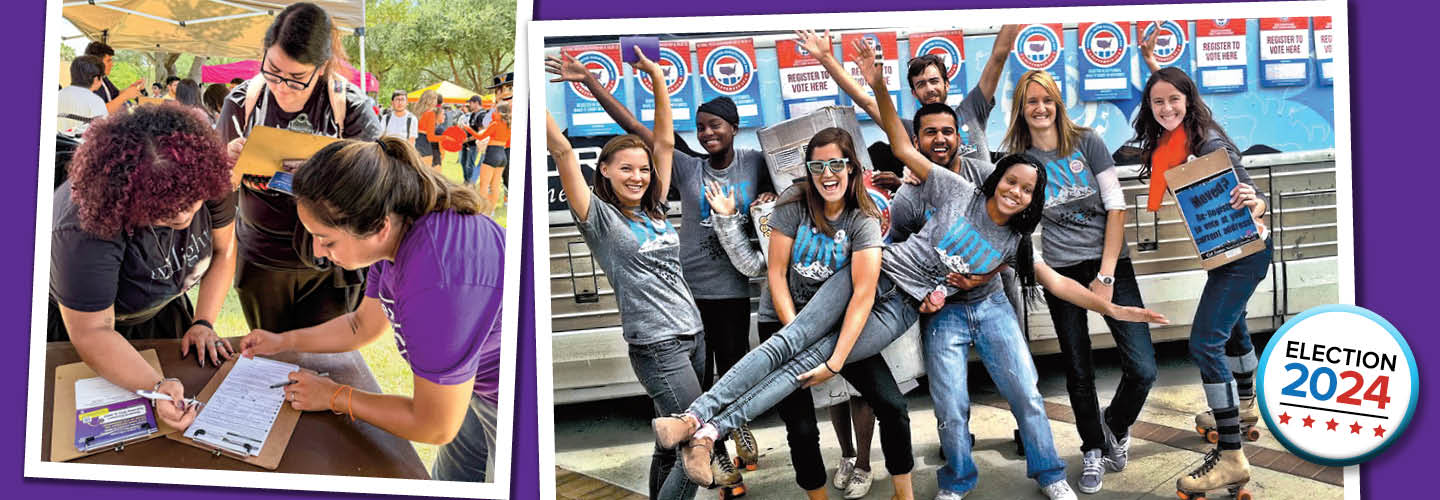Fiona Silver, 22, of Bend, Oregon, has spent much of her year trying to get other young people ready to vote in the election on November 5. As part of her job with NextGen America, a youth voting organization, she helps lead a national team of volunteers who use texting, phone calls, and social media to encourage people to register to vote.
Silver’s work focuses mainly on Gen Z-ers (born from 1997 to 2012) and Millennials (born from 1981 to 1996), segments of the population that wield an especially large amount of power when it comes to today’s elections.
“Every election cycle, we have millions of brand-new voters who turned 18 in the last two years,” Silver says. “[Young people] really do have a huge impact on the way an election goes, just because in sheer numbers, there are so many of them.”
That power is a good thing, adds Larry Sabato, director of the Center for Politics at the University of Virginia.
Young voters are “the people who are going to be stuck with the actions of the new president—plus senators, House members, and so on—longer than anyone,” he says. “[They] have a greater stake in it.”
Fiona Silver, 22, lives in Bend, Oregon. This year she has spent most of her time encouraging other young people to vote in the election on November 5. She works with NextGen America, a youth voting organization. Silver helps lead a national team of volunteers who use texting, phone calls, and social media to encourage people to register to vote.
Silver’s work focuses mainly on Gen Z-ers (born from 1997 to 2012) and Millennials (born from 1981 to 1996). These groups have a large amount of power when it comes to today’s elections.
“Every election cycle, we have millions of brand-new voters who turned 18 in the last two years,” Silver says. “[Young people] really do have a huge impact on the way an election goes, just because in sheer numbers, there are so many of them.”
That power is a good thing, adds Larry Sabato, director of the Center for Politics at the University of Virginia.
Young voters are “the people who are going to be stuck with the actions of the new president—plus senators, House members, and so on—longer than anyone,” he says. “[They] have a greater stake in it.”

